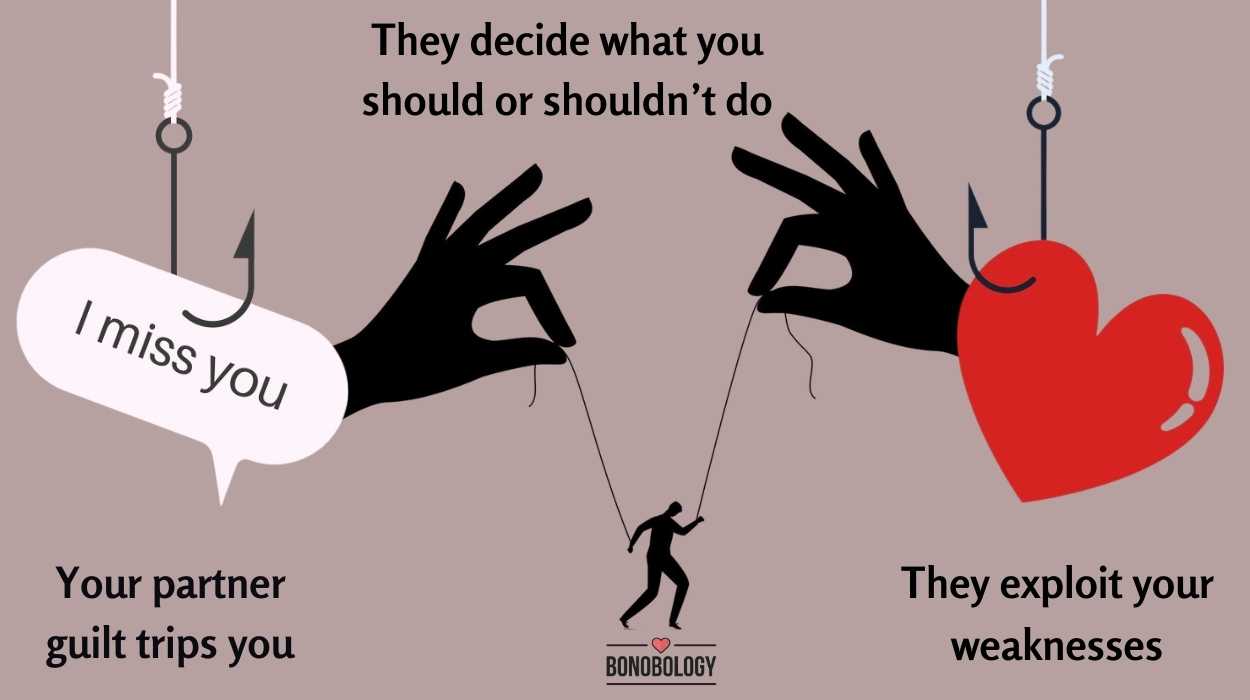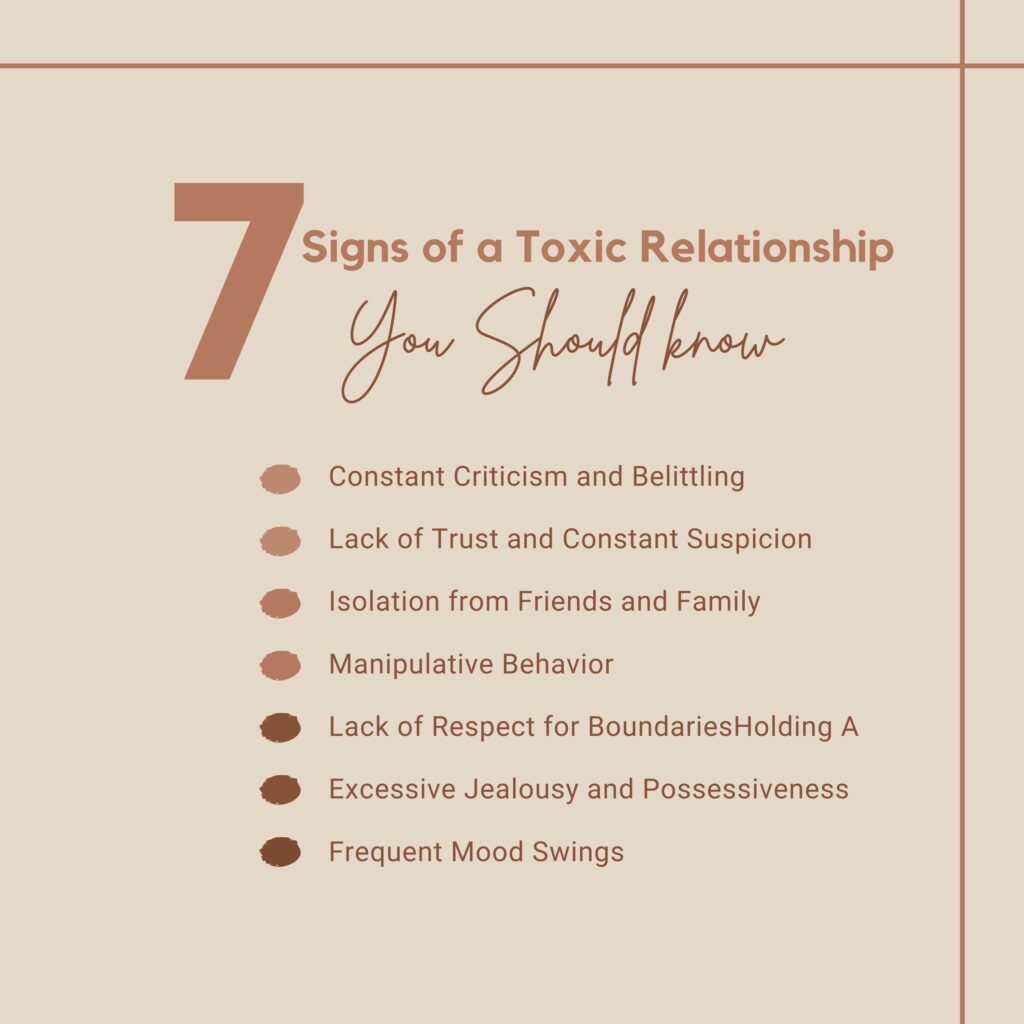
Understanding Manipulative Behavior in Dating
Definition of Manipulative Behavior
Manipulative behavior in dating refers to actions intended to control or influence a partner’s emotions and decisions for personal gain. This can manifest in various forms, such as guilt-tripping, deceit, or emotional coercion. For instance, a partner who frequently makes you feel responsible for their happiness might be employing manipulation. They may say things like, “If you really loved me, you would…” This insidious form of communication can lead to toxicity in a relationship.
Impact of Manipulation on Relationships
The impact of manipulation can be devastating, often leading to:
- Diminished Self-Esteem: The victim’s self-worth may plummet.
- Trust Issues: Healthy relationships are built on trust, which manipulation erodes.
- Emotional Exhaustion: Constantly navigating a manipulative relationship can lead to burnout.
Recognizing these patterns is essential for protecting oneself and fostering healthier relationships in the future.

Common Signs of Manipulative Behavior
Gaslighting
Gaslighting is when someone manipulates you into doubting your reality or feelings. Imagine a partner insisting that an argument never happened, or that you’re overreacting. Over time, this can make you question your sanity.
Emotional Blackmail
Emotional blackmail occurs when someone uses your feelings against you to control your behavior. For instance, a partner might say, “If you really cared about me, you would do this.” This pressure can create a cycle of guilt and obligation, trapping you in the relationship dynamics.
Love Bombing
Love bombing is characterized by an overwhelming display of affection and attention early in the relationship, which may feel intoxicating. However, it often serves as a tactic to gain control. Here’s how to spot it:
- Excessive Compliments: You might feel adored, but it can mask deeper intentions.
- Rapid Commitment: They may push for serious commitments too soon.
Recognizing these signs can help you protect your emotional well-being.

Red Flags to Watch Out For
Excessive Charm
While charm can be attractive, excessive charm can raise red flags. A date might shower you with compliments or praise that feels just a bit too much. For example, if someone you’ve just met starts declaring you the “most amazing person they’ve ever met,” it’s worth pausing to question their sincerity.
Lack of Accountability
A partner who never takes responsibility for their actions is another significant warning sign. If they frequently blame others for their mistakes or fail to acknowledge how their actions affect you, it can create an unhealthy power dynamic.
Isolation Techniques
Isolation techniques are particularly manipulative. This can look like subtly discouraging you from spending time with friends or family. For instance, they may express jealousy or make dismissive comments about your loved ones. If you find yourself feeling more alone or cut off from your support system, this is a serious red flag.
Being aware of these red flags can empower you to make healthier choices in your relationships.

How to Respond to Manipulative Behavior
Setting Boundaries
Setting boundaries is crucial when facing manipulative behavior. It’s essential to communicate your limits clearly. For instance, if your partner resorts to emotional blackmail, assertively telling them that you will not engage in guilt-driven conversations can help establish healthier interactions. A simple, “I won’t tolerate being pressured into decisions” works wonders.
Seeking Support
Next, seeking support from friends, family, or a therapist can provide a vital perspective. Sharing your experiences with trusted individuals can help you feel validated and less isolated. Keep in mind that you don’t have to navigate this alone; others can offer invaluable insights and encouragement.
Ending the Relationship if Necessary
If manipulation persists despite your efforts, it may be time to consider ending the relationship. Trust your instincts. Leaving a toxic dynamic not only protects your mental health but also paves the way for healthier connections in the future. Prioritize your well-being and don’t hesitate to choose what’s best for you.
